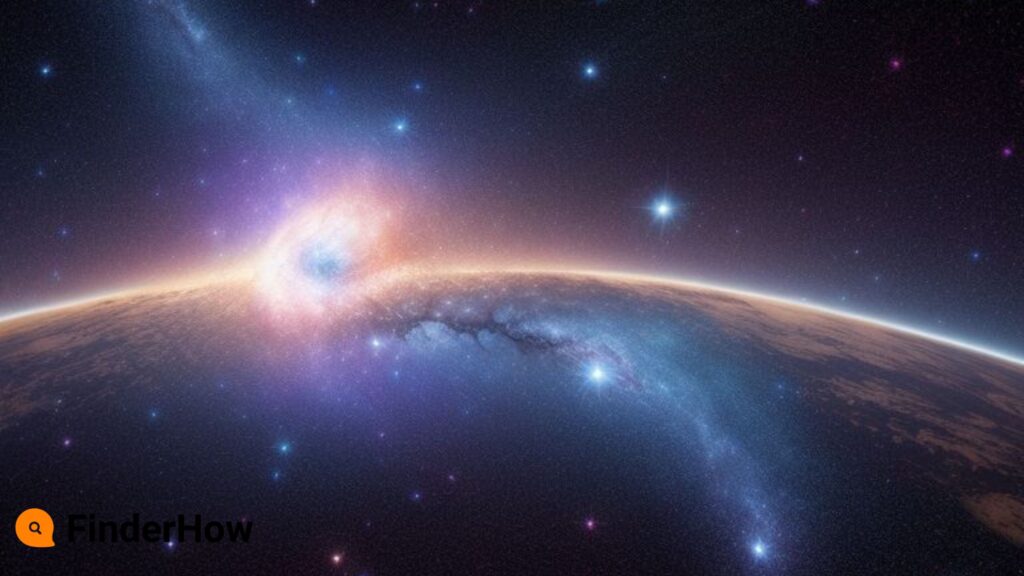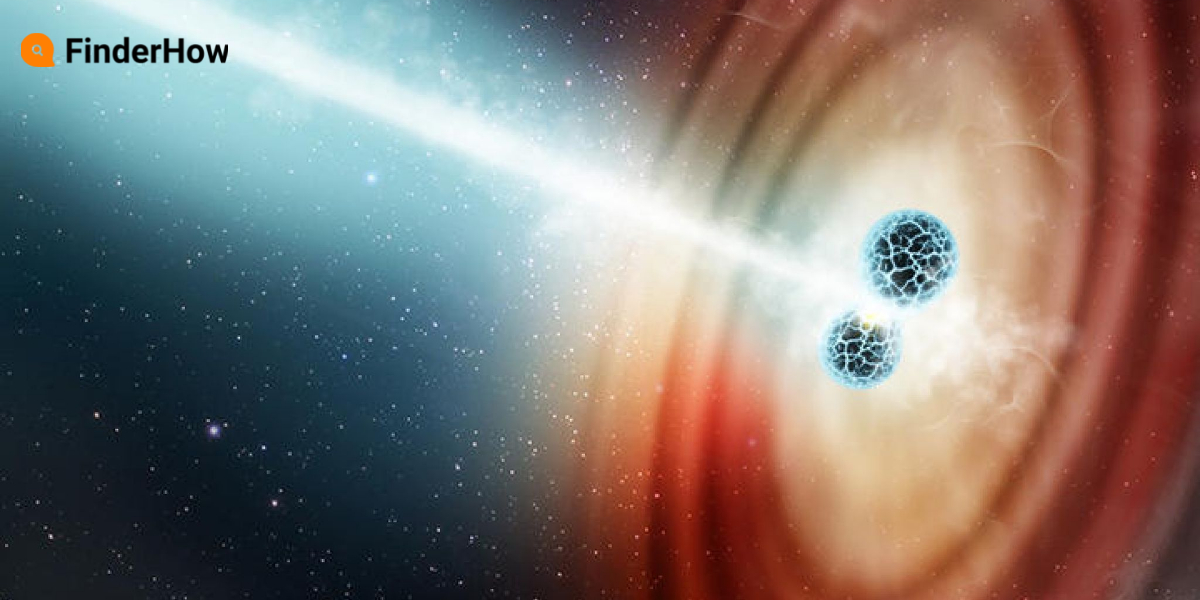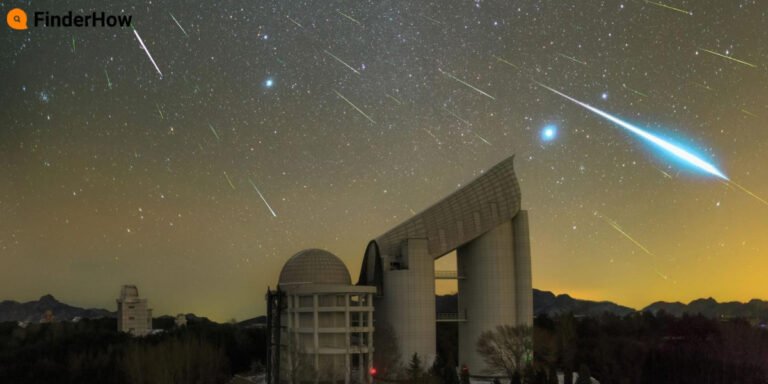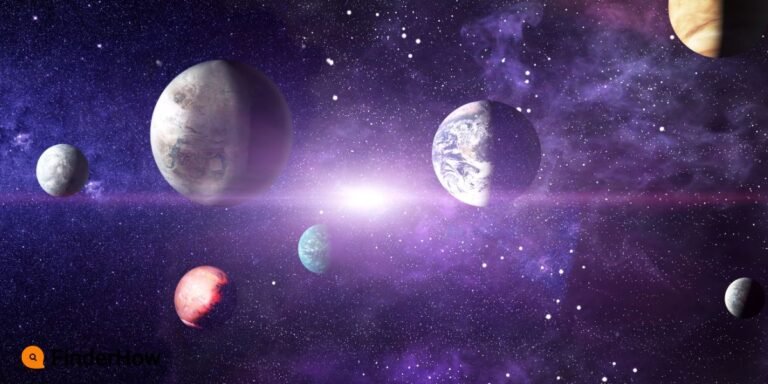How far is the end of the world?
I must clarify that the end of the world is a complex and multifaceted topic that has been discussed and debated by scientists, theologians, and philosophers for centuries. While there are various interpretations of what constitutes the “end of the world,” this post will focus on the scientific perspective.
The most widely accepted theory about the end of the world is based on the concept of entropy. Entropy is a measure of disorder or randomness in a system. According to the second law of thermodynamics, entropy always increases over time in a closed system. In other words, everything in the universe tends to become more disordered and chaotic over time.
Based on this principle, scientists predict that eventually, all stars will burn out, and all matter in the universe will become evenly distributed and at a uniform temperature. This state is known as heat death, or the big freeze. The universe will be devoid of any energy or life forms, and it will be impossible for any new stars or galaxies to form.
However, predicting when this will happen is challenging because it depends on various factors such as the rate of expansion of the universe, the amount of dark matter and dark energy present, and other unknown variables. Some estimates suggest that heat death could occur in trillions of years or even longer.
Cosmic Collision Might End the World

Another possible scenario for the end of the world is a cosmic collision. Our solar system is part of a larger galaxy called the Milky Way, which is part of a cluster of galaxies called the Local Group. The Andromeda galaxy is another large galaxy in this group that is currently moving towards us at a speed of about 110 kilometers per second. Scientists predict that in about 4 billion years, Andromeda will collide with our Milky Way galaxy. This collision could cause massive disruptions to our solar system and potentially lead to its destruction.
In addition to these natural phenomena, humans also have the potential to bring about the end of the world through various means such as nuclear war, climate change, or artificial intelligence gone rogue. These scenarios are often explored in science fiction but are also taken seriously by scientists and policymakers.
In conclusion:
The end of the world is a complex and uncertain topic that depends on various factors and variables. While scientists predict that the universe will eventually reach a state of heat death, it is challenging to predict when this will happen. Additionally, humans have the potential to bring about their own destruction through various means. Therefore, it is crucial to take steps to ensure the long-term survival of our species and the planet we call home.







